
South African Afro-pop singer, Zahara has died at the age of 35 after being hospitalised with liver problems following years of alcohol abuse.
Her death was announced by the country’s culture minister.
The award-winning singer, whose real name was Bulelwa Mkutukana, died at a hospital in the city of Johannesburg last night, reports SABC News.
Zahara had shot to fame in 2011 with her award-winning album Loliwe and in 2020 she featured in the BBC’s 100 Women list, which highlights the most inspiring and influential women from around the world.
The Afro-pop star had been suffering from liver problems after battling with alcohol addiction and was hospitalised last month before passing away on Monday, December 11.
South Africa’s Sports, Arts, and Culture Minister Zizi Kodwa, who announced her death, said the government had been ‘assisting’ Zahara’s family for ‘some time now’.
‘I am very saddened by the passing of Zahara,’ Kodwa said. ‘My deepest condolences to the Mkutukana family and the South African music industry.
‘Government has been with the family for some time now. Zahara and her guitar made an incredible and lasting impact in South African music.’
Last month, Zahara’s manager Oyama Dyosiba confirmed the singer had been hospitalised ‘following complaints about physical pains’.
Zahara had suffered liver disease after battling alcohol addiction for years.
Her sister Nomande said in 2019 that doctors had told her: ‘If Zahara continues drinking, she is going to die. We are making sure that there is always someone around her to monitor her so that she doesn’t start drinking again.’
Zahara won Album of the Year at the South African Music awards for her debut album Loliwe.
She performed the title track for Nelson Mandela at his home in 2013 before his death.
Zahara also campaigned against violence against women in South Africa, which she described in 2020 as a ‘pandemic’ in the nation.
She revealed that she had been attacked by a man who had pepper-sprayed her in his car.
‘Men feel like they are entitled to women, like women are theirs,’ Zahara told the BBC. ‘Men in South Africa, all they care about is them.’





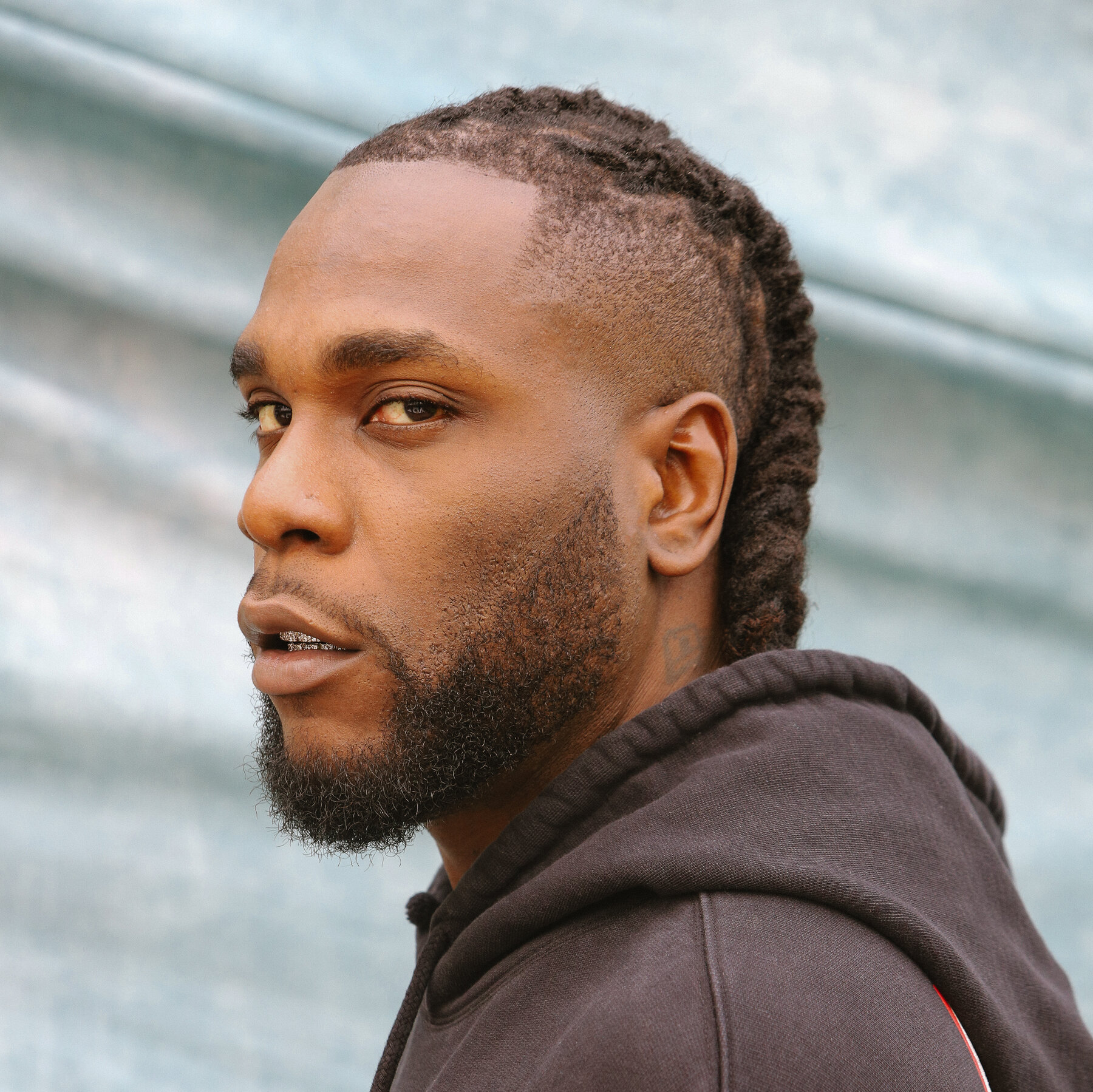

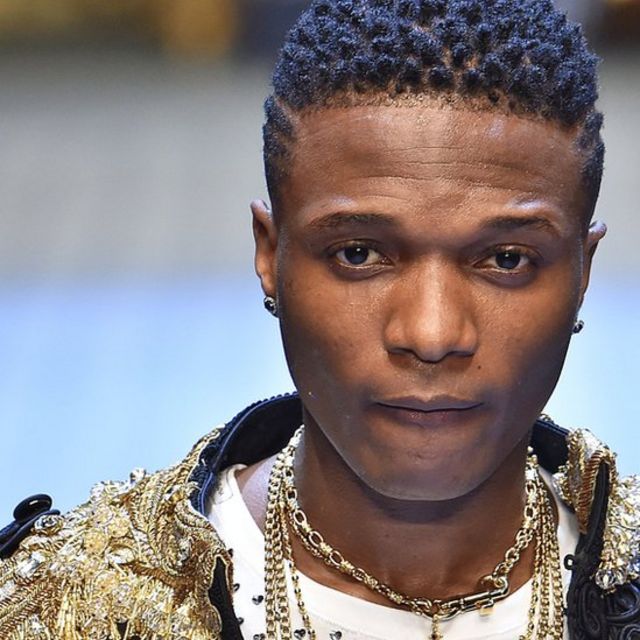
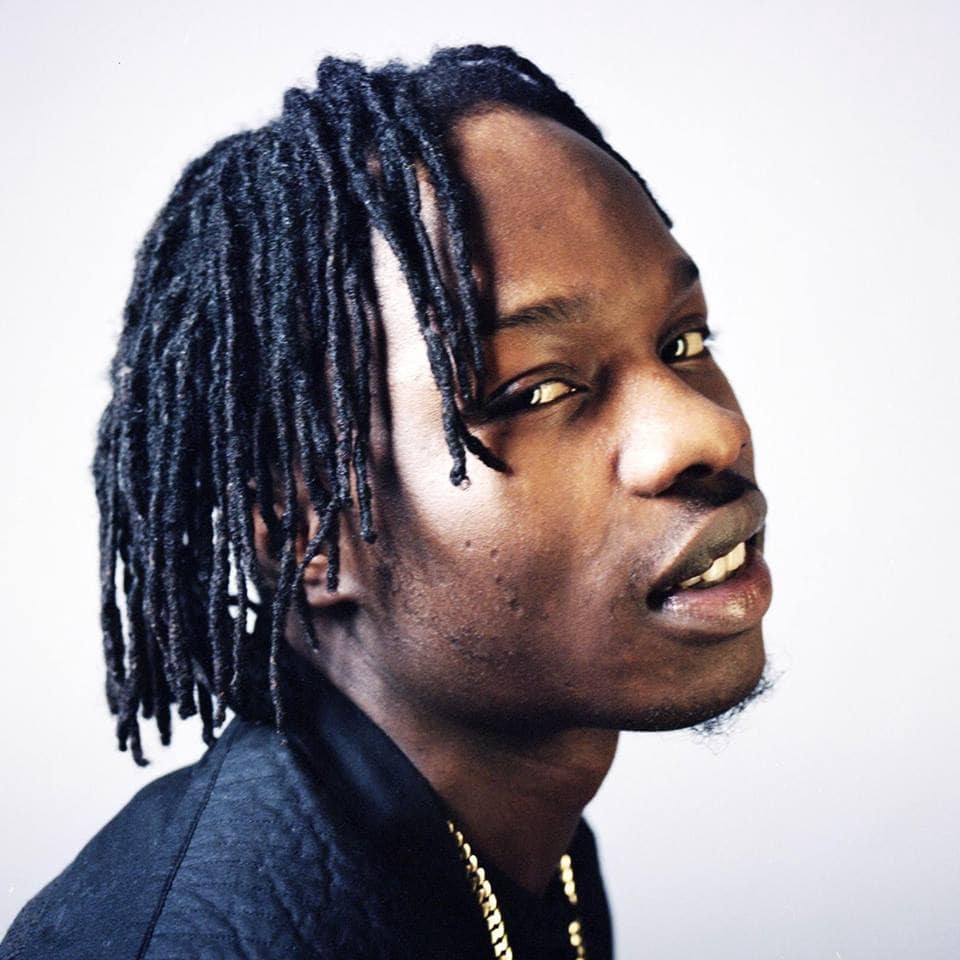
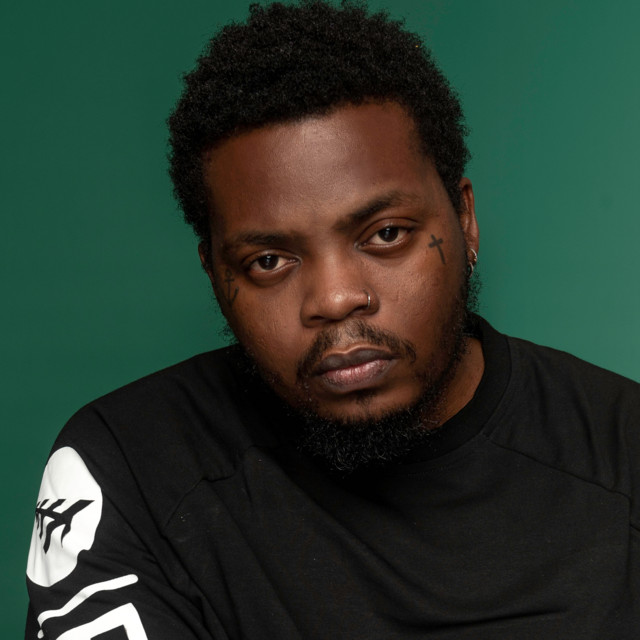



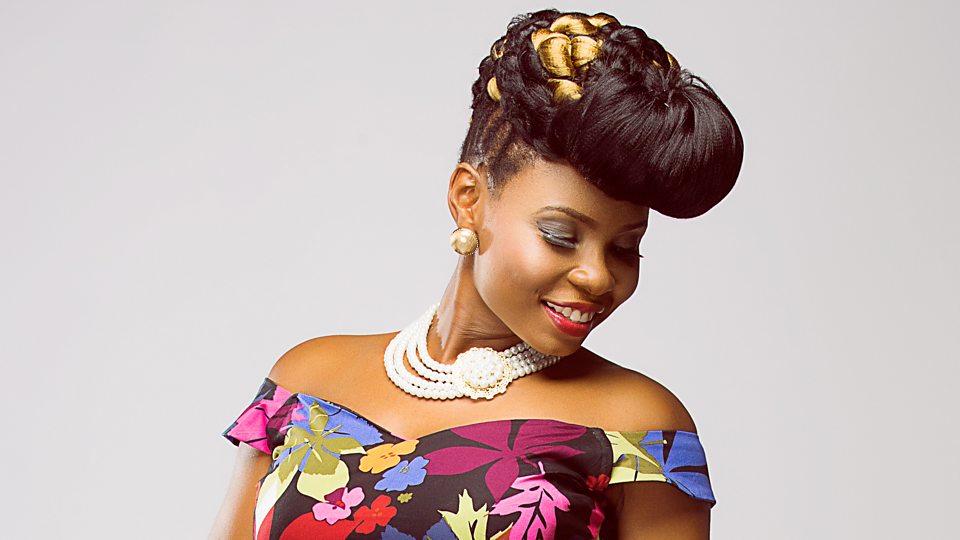

Be the first to comment